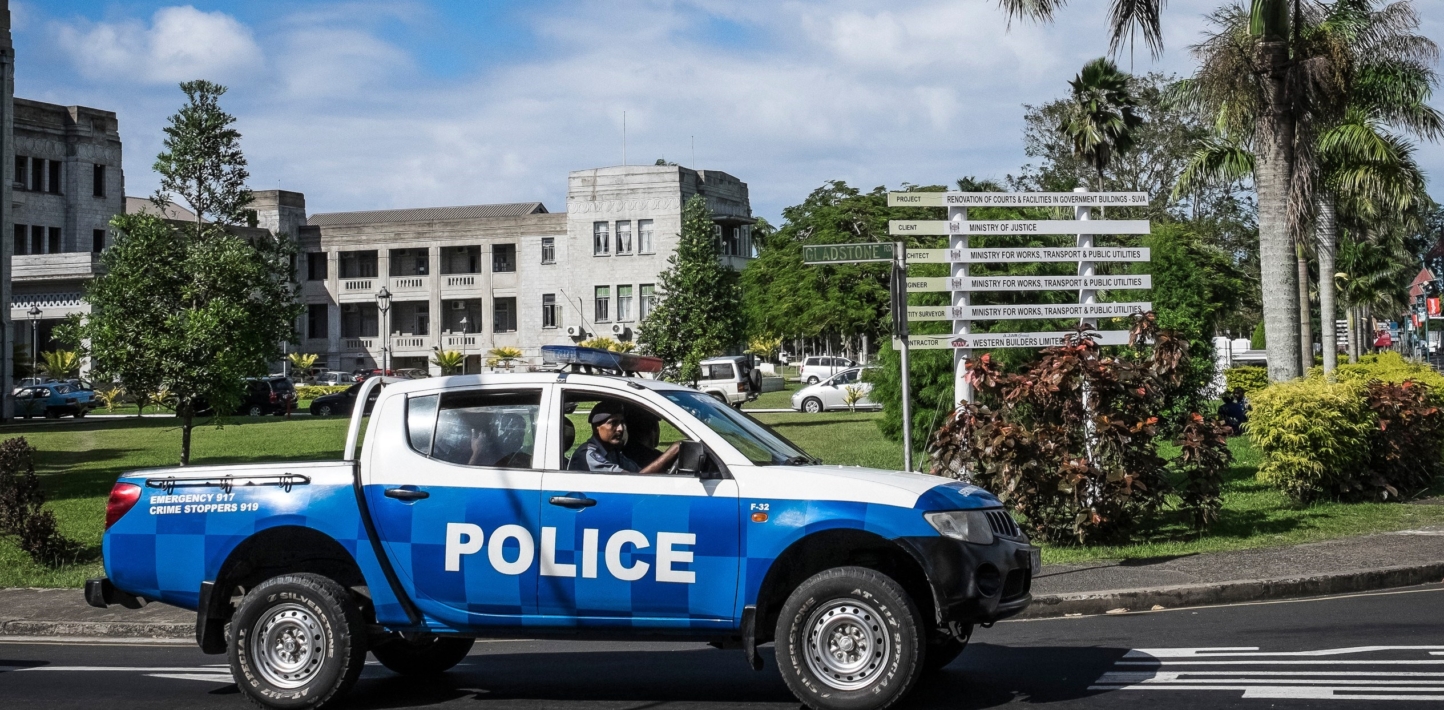Fiji’s leaders are still doing too little to tackle the country’s severe human rights failings, Amnesty International said today, as the country’s civil society groups finalise their human rights ‘scorecards’ to submit to the UN.
Fiji are vice-presidents of the world’s top human rights body, and that leadership starts with their actions at home.
Roshika Deo. Amnesty International's Pacific Researcher
The country recently acceded to the vice-presidency of the UN Human Rights Council, a step that underscores the need for human rights progress.
“Fiji is talking the talk on the world stage,” said Roshika Deo, Amnesty International’s Pacific Researcher. “But the spotlight on Fiji’s new UN role must be a chance for Fiji to increase its credibility on human rights, and redress a range of critical failings.”
“Months since its re-election and despite its human rights rhetoric, the Fijian government has done nothing substantive to address the well-documented problem of torture by the security forces,” said Roshika Deo. “Despite saying it would take action, it has also failed to take urgent steps to prevent women and girls from suffering widespread harassment, violence and discrimination. And they have done nothing to protect the country’s media and civic space.”
Ahead of the elections, in November 2018, Amnesty put forward a six-point human rights agenda that highlighted priority areas for government action.
This agenda includes the protection of the rights to freedom of expression and peaceful assembly, preventing torture and other ill treatment, ending violence against women and girls, protecting human rights defenders, ensuring equality for LGBTI people, and guaranteeing meaningful inclusion of Indigenous peoples in community decisions.
Fiji’s human rights record will come under scrutiny at the Universal Periodic Review (UPR) of the United Nation’s Human Rights Council in October-November 2019.
Ahead of the Human Rights Council’s assessment, civil society groups have until 28 March to submit their contributions to the UPR process, and the State has until July to submit its report.”
“The UPR is an important process for human rights groups in Fiji – on this evidence, it should act as a major wake-up call to the government. They are now the vice-presidents of the world’s top human rights body, and that leadership starts with their actions at home,” said Roshika Deo.
“Only this week, the permit to stage a protest that was denied to the Fiji Trade Unions Congress shows Fijians’ rights to express themselves and to gather peacefully are still restricted,” said Roshika Deo. “As a first step the government should immediately act on the recommendations outlined in our Human Rights Agenda, including repealing repressive laws. They must also establish an independent and effective mechanism to investigate and address the systematic use of violence by the security forces.”
The Human Rights Agenda and its full set of recommendations is available here.


